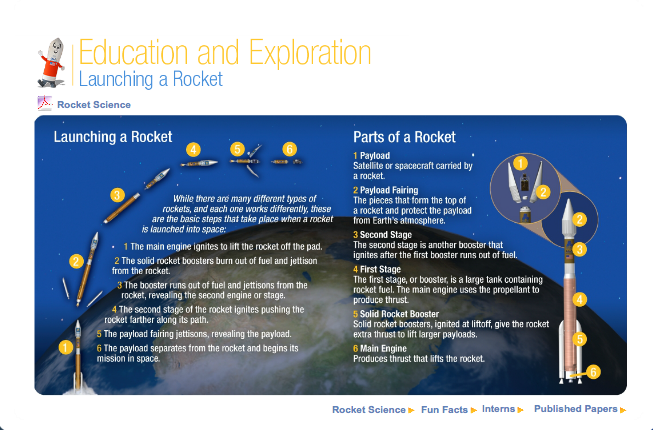"We are happy to announce that we have successfully operated our liquid hydrogen pump at full design flow rate and pressure conditions," said XCOR Chief Executive Officer Jeff Greason. "This milestone builds on our earlier success with liquid oxygen and kerosene pumps, which have powered many of our hotfires. Achieving this goal allows us to proceed with integrated testing of our liquid hydrogen demonstrator engine, fed by our liquid hydrogen and liquid oxygen piston pumps. The ultimate goal is a far more cost-effective upper-stage engine for ULA and their customers."
Conceived as a lower-cost, risk-managed program, the XCOR LH2 engine program is intended to produce a flight-ready cryogenic upper-stage engine in the 25,000 lbf thrust class with growth potential up to 50,000 lbf thrust or more. When complete, it should cost significantly less to produce and be easier to operate than competing rocket engine technologies.
However, it isn't just about thrust class. "Factors such as the extreme low temperature and small molecule size of liquid hydrogen present new technical challenges compared to liquid oxygen or kerosene," said Greason. "Demonstrating our ability to safely pump this fluid at high flow rates and pressures, with relatively low mass is a significant engineering milestone that will deliver yet another line of innovation and business to XCOR."

"XCOR's and ULA's investment in this program should result in much lower cost and more capable commercial and government launch capabilities," said XCOR Chief Operating Officer Andrew Nelson. "By drawing from several hundred years of human experience in the development of piston machinery, XCOR seeks to dramatically increase reliability, reusability and long term manufacturability of rocket propellant pumps. The decrease in manufacturing and maintenance costs of XCOR's rocket propellant pumps is at least an order of magnitude in volume production when compared to traditional rocket turbo machinery."
With the completion of the flow rate and pressure tests, Nelson added, "We are proud to say that our collaboration with ULA has borne significant results. This is a new application of time-tested principles that tangibly demonstrates we can produce an upper-stage cryogenic engine with similar or better performance than today's state of the art, with long life, reusability and reliability at significantly less cost. And it is only taking place at XCOR."
"Today's milestone is further validation of the effort that we began with XCOR several years ago, leveraging more than a century of automotive industry insights to develop a truly new concept in engine design," noted George Sowers, ULA's Vice President of Human Launch Services. "These technology demonstrations have paved the way for ULA's support of the liquid hydrogen engine program. We are beginning to see substantial results from ULA's continued investment of time and resources in the ULA/XCOR hydrogen engine program and look forward to the next phase of development in this groundbreaking endeavor."
Topical Tags :
Regional Tags :